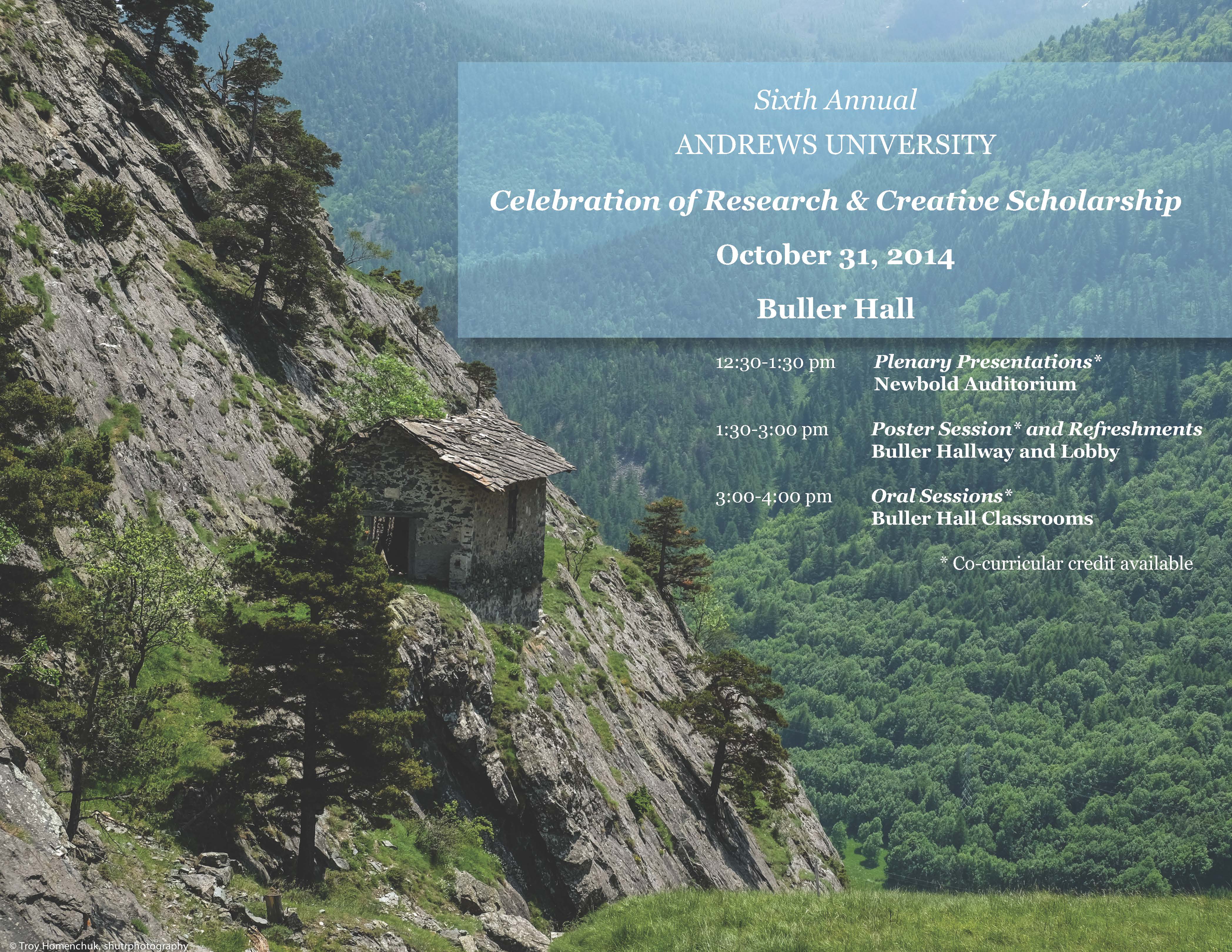P-07 Why Go to the Library? Pedagogical Reflections
Presenter Status
James White Library
Location
Buller Hallway
Start Date
31-10-2014 1:30 PM
End Date
31-10-2014 3:00 PM
Presentation Abstract
This poster illustrates three pedagogical functions achieved through the competent use of library resources: 1. Memory — testimony about times, places, events and people not accessible through first-hand perception. 2. Mentoring — knowledgeable experts share what they know so novices can form expertise as well. 3. Discipleship — novice learners are invited to follow along as experts debate and work together on open problems. Implications: Library assignments would benefit from a more intentional framing of how the particular assignment fits into this memory/mentoring/discipleship paradigm. Key questions: Students: Why are you reading this particular source? Is it to acquire standard factual knowledge, or to learn from the wisdom of a mentor, or to engage with experts tackling a challenging problem? Professors: What are you expecting your students to experience as they access particular sources? Are you expecting them to become familiar with the status quo, or to think through a significant theme with the guidance of a mentor, or might it be to gain the cognitive and rhetorical skills that may contribute to a scholarly conversation?
P-07 Why Go to the Library? Pedagogical Reflections
Buller Hallway
This poster illustrates three pedagogical functions achieved through the competent use of library resources: 1. Memory — testimony about times, places, events and people not accessible through first-hand perception. 2. Mentoring — knowledgeable experts share what they know so novices can form expertise as well. 3. Discipleship — novice learners are invited to follow along as experts debate and work together on open problems. Implications: Library assignments would benefit from a more intentional framing of how the particular assignment fits into this memory/mentoring/discipleship paradigm. Key questions: Students: Why are you reading this particular source? Is it to acquire standard factual knowledge, or to learn from the wisdom of a mentor, or to engage with experts tackling a challenging problem? Professors: What are you expecting your students to experience as they access particular sources? Are you expecting them to become familiar with the status quo, or to think through a significant theme with the guidance of a mentor, or might it be to gain the cognitive and rhetorical skills that may contribute to a scholarly conversation?



